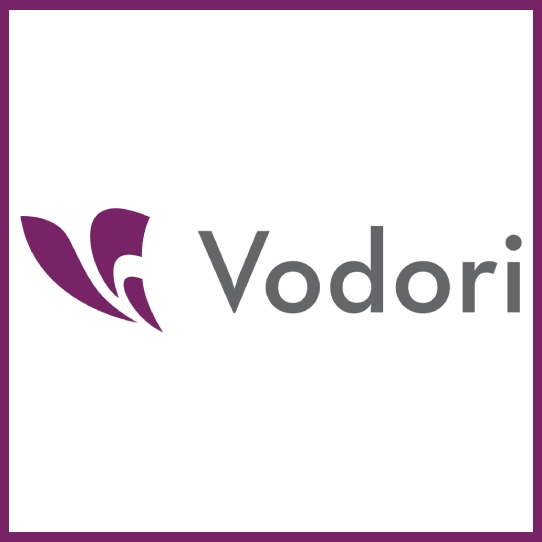MLR Review System Ownership Requires Clear Roles, Strong Partnerships, & Data-Driven Decisions
Organizations increasingly depend on sophisticated systems for managing their Material/Legal/Regulatory (MLR) review processes, underscoring the growing importance of system ownership. System reliance raises significant questions about efficiency, compliance, and governance, making it a prime time for a deep dive into the challenges and best practices of system ownership. Understanding who owns these systems and how they are managed can be a game-changer for businesses aiming to streamline operations and ensure adherence to regulatory standards.
What does it take to be a successful system owner? How can system owners navigate the complexities of their roles to boost organizational productivity and compliance?
Anne Swearingen, the CEO of 6 Tangerine Consulting and Lindsey Magera, a Customer Success Manager at Vodori join host, Annalise Ludtke on this episode of Amend & Progress. They explore the essence of MLR system ownership, offering insights into the strategic and operational aspects that define successful system management.
Highlights of their discussion include:
- Clarifying Roles: Differentiating between system and process owners to optimize workflow.
- Effective Practices: Sharing strategies that enhance system management and improve team collaboration.
- Navigating Challenges: Addressing common obstacles such as resource constraints and internal politics.
Anne Swearingen, with her extensive consulting experience and industry recognition, and Lindsey Magera, known for her pragmatic approaches to customer success, provide a rich discussion filled with practical tips and strategic advice.




